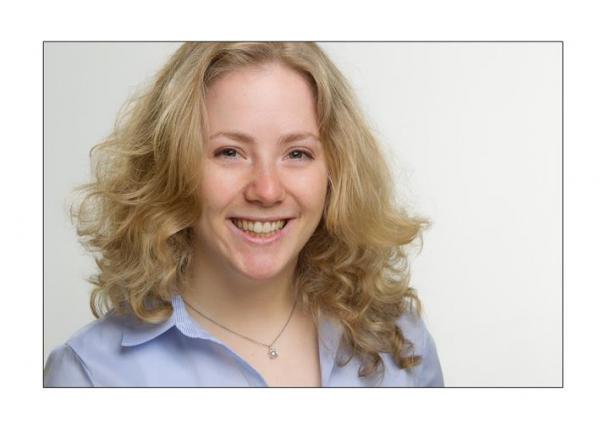Effects of invasions on the structure, stability and evolution of complex food webs
Korinna Allhoff, Institute of Evolution and Ecology (EvE), Tübingen, Germany
Abstract: A critically important challenge in theoretical ecology is to better predict responses of ecological networks to global change, especially responses to increasing rates of species invasions. Invaders have been widely observed to trigger changes in species’ interactions and abundances and even cause catastrophic extinction cascades of native species. Classical food web models have focused on explaining and predicting such ecological responses on relatively short time scales. However, these models typically neglect changes in selection pressure on native species caused by the invaders and their subsequent effects on the structure and stability of food webs on longer time scales. I address these issues using an eco-evolutionary model containing both invasion and mutation events. It integrates classical assembly models, which describe the emergence of a food web via sequential invasions, with so-called evolutionary food web models or large community evolution models, which describe food web emergence via speciation due to small mutation steps. The model uses body masses and diets as the key traits that determine metabolic rates and species interactions. I vary the frequency of invasion events in relation to speciation events and the relatedness between native species and invaders. I then analyze the size of the emerging network (in terms of total biomass and number of morphs or ‘species’), its ecological and evolutionary stability, and its species turnover pattern. The results show that food webs evolve most diverse and accumulate the most biomass when being exposed to frequent invasions of species similar to native species. The system is also most stable in such invasion context, both evolutionary (i.e., lower variability in the number of morphs/species over time) and ecologically (i.e., lower variability in total biomass over time)
| Building: | Weiser Hall |
|---|---|
| Website: | |
| Event Type: | Workshop / Seminar |
| Tags: | Complex Systems, Ecology And Evolutionary Biology, Physics |
| Source: | Happening @ Michigan from The Center for the Study of Complex Systems, Department of Physics |


